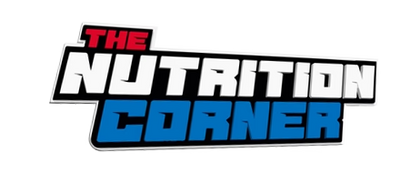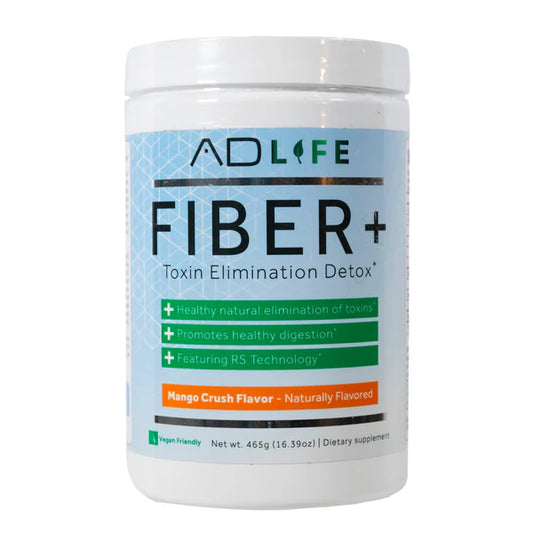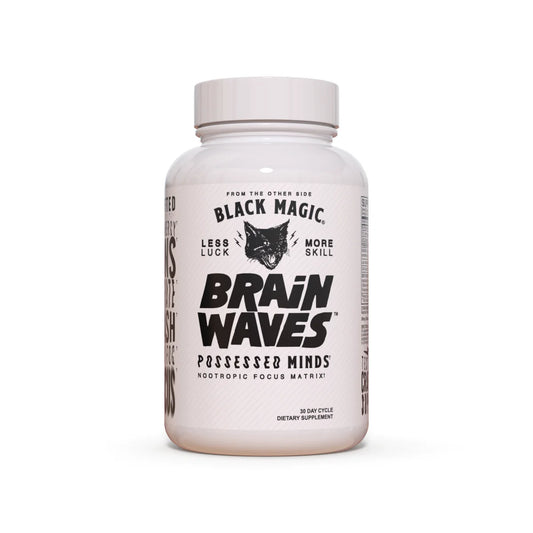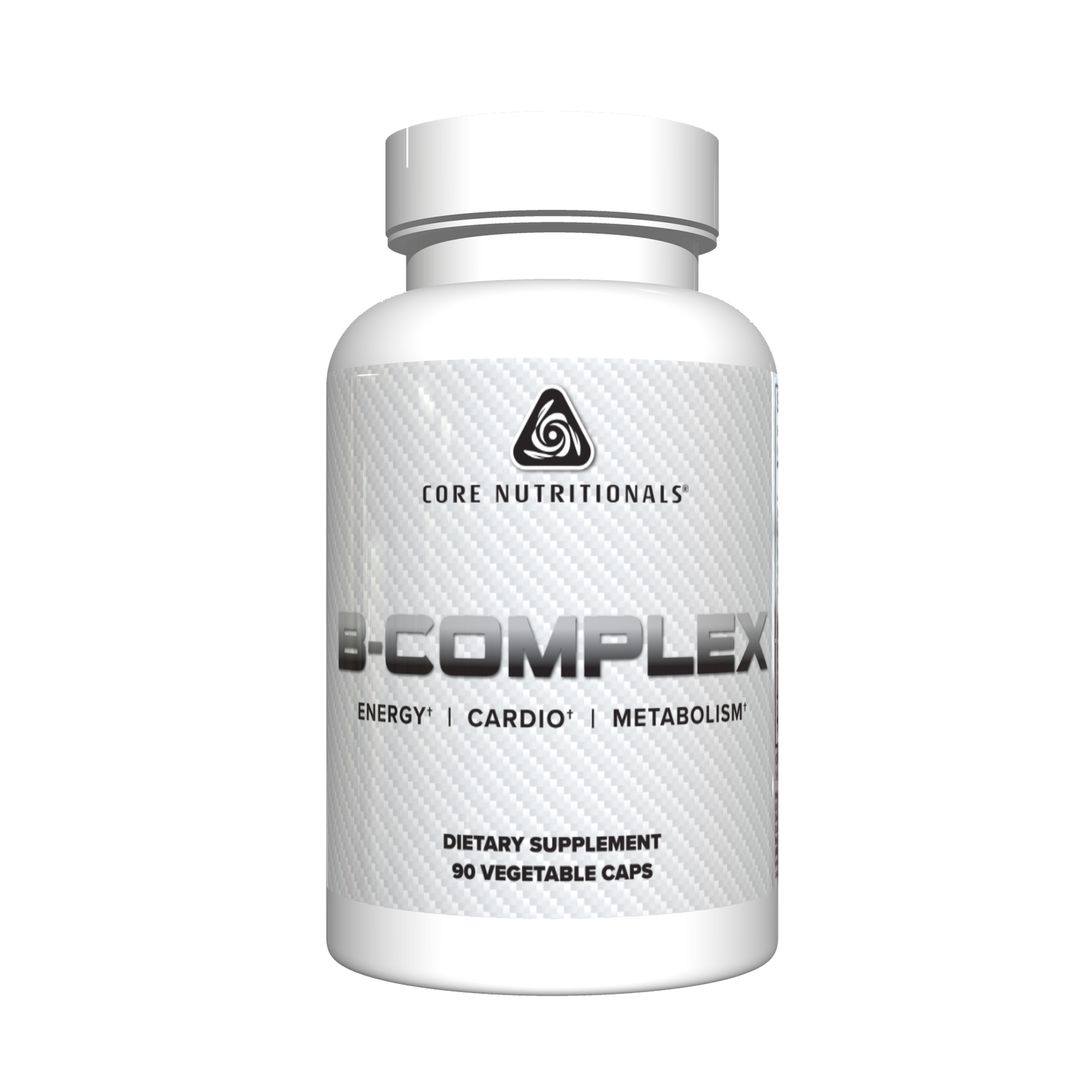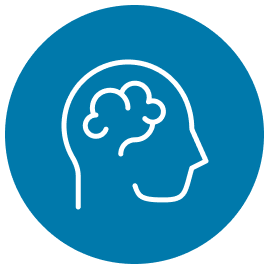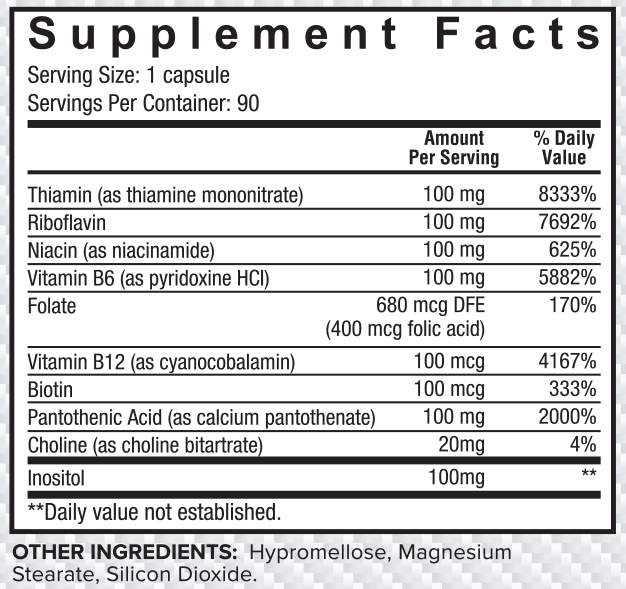Project AD Fiber+
$24.99
Core Nutritionals Multi
$29.99
Core Nutritionals Omega
$39.99
Project AD Good Morning
$39.99
Core Nutritionals Zzz
$39.99
Alpha Lion Super Human Sleep
$44.99
Merica Labz Sleepy Joe
$39.99
Vital Planet Flora Shelf Stable
$44.99–$79.99
Define Sleep
$44.99
Core Nutritionals Vitamin D3
$12.99
$14.99
Vital Planet Fiber
$19.99
$29.99
Black Magic Brain Waves
$44.99
Cutler Nutrition Safeguard
$29.99
Core Nutritionals B-Complex
$24.99
Core Nutritionals Vitamin C
$15.99
$16.99
Chemix Energy (Sell By June 30 2025)
$10.00
$49.99
Vital Planet Gut Renew
$39.99
Apollon Nutrition Overtime
$52.99
Project AD Ravenous
$39.99
Project AD Citrus Bergamo
$47.99
Life Extensions Bloat Relief
$27.99
Longevity Multi+
$119.99
Chemix Sleep
$44.99
$49.99
Vital Planet Lax 100ct
$34.99
Nutrabio Vit D3 K2
$27.99
Project AD H20 Remoove
$29.99
Jocko Super Krill Oil
$29.99
Jocko Brain Power
$39.99
Condemned Labs Lasidex
$29.99
Life Extensions Boron
$5.99
Black Market Bump
$44.99
Unmatched Paraxanthine
$59.99
Vital Planet Digest
$49.99
Vital Planet Gut Boost
$59.99
Vital Lax 60ct
$23.99
Nutrabio Methyl B12 90ct
$12.99
Nutrabio Tyrosine
$14.99

